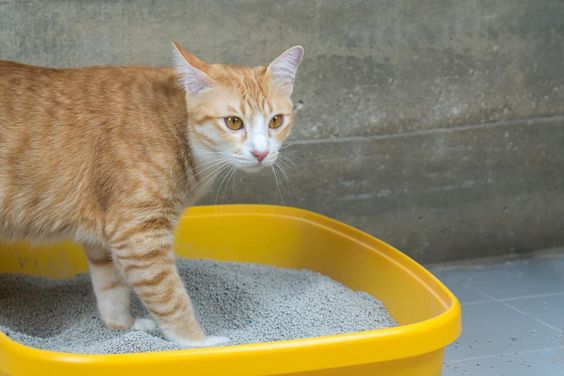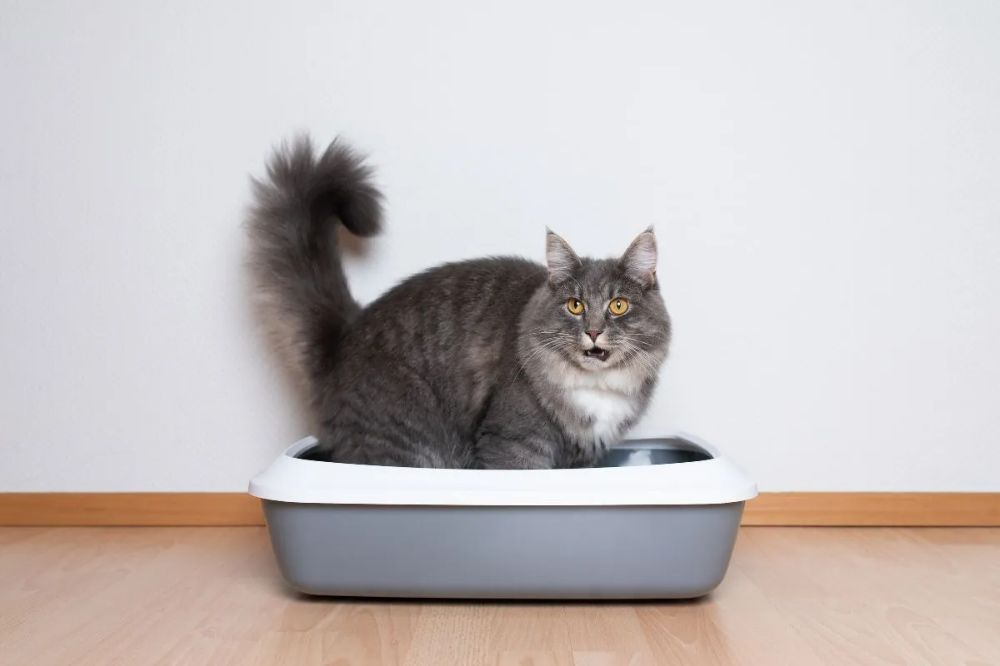Views: 0 Author: Site Editor Publish Time: 2025-10-11 Origin: Site
Random urination by cats is the most common and troubling issue faced by 80% of owners, so what should be done about it?
This is a problem many owners consult about, as they are extremely troubled by their cats' tendency to urinate everywhere—on beds, outside the litter box, sleeping pads, clothes, doormats, and more. It can be truly frustrating.

Where exactly should the litter box be placed?
Many people have different opinions on the placement of the litter box. If you have a single-cat household, this issue may be less troublesome—just like living alone, no one will compete with you for the toilet. However, if you share a bathroom with a roommate, and every time they use it, you have to thoroughly clean and disinfect it before you can use it, wouldn’t your willingness to use it decrease over time?
Moreover, if every time you use the bathroom, your roommate rushes in to chat with you, wouldn’t that also cause you stress and discomfort?
The location of the litter box is very important. Avoid placing it in high-traffic areas where family members frequently pass by, next to floor-to-ceiling windows, near washing machines, or in other noisy environments. It is recommended to place the litter box in a secluded spot, in a corner, or even consider specially designed litter box cabinets. If space is limited and the litter box cannot be placed freely, using frosted partitions to separate the litter box is an excellent alternative.
II. What type of litter box do you choose?

There is a wide variety of litter boxes available: self-cleaning models, covered litter boxes, uncovered litter boxes, tunnel-style litter boxes, and so on… So, which type is more suitable?
This actually depends on the cat's own preferences. Some cats prefer covered boxes, while others like open ones. Owners can purchase 2-3 different types of litter boxes to allow their cats to freely choose the one that suits them best. The choice of litter box is also closely related to the cat's age and physical condition. For example, if your cat is very old but the litter box has high sides or is difficult to enter and exit, it can easily make it inconvenient for the cat to use.
In multi-cat households, if a cat is using a covered litter box, another cat trying to enter from outside can cause stress and discomfort—much like a roommate barging into the bathroom without knocking. Therefore, choosing a litter box that suits your cat is very important!
Generally, we recommend that the litter box be about 1.5 times larger than the cat, providing enough space for the cat to relieve itself comfortably. It's also advisable to place the litter box in a relatively secluded spot, giving the cat a private space to release stress.